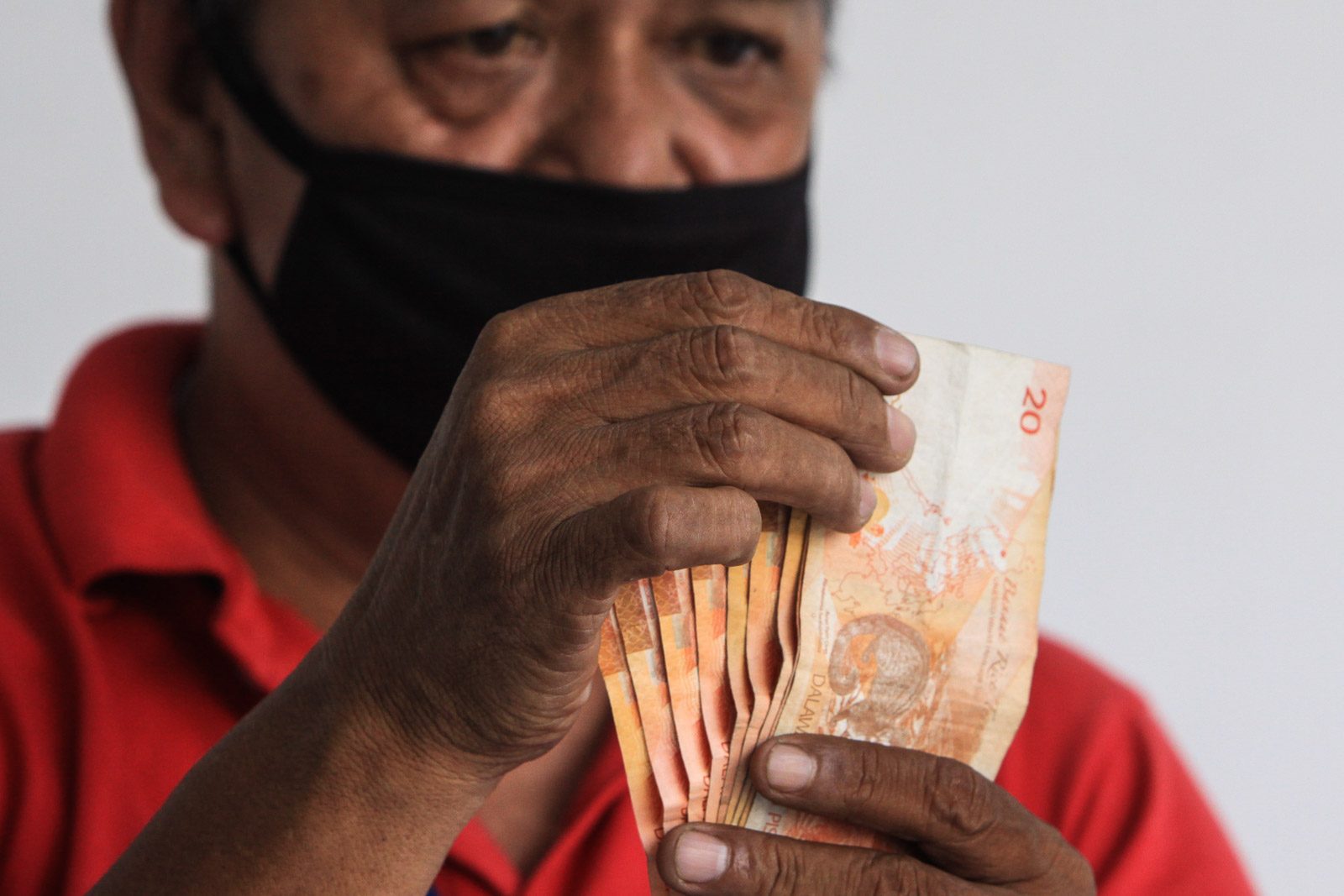SUMMARY
This is AI generated summarization, which may have errors. For context, always refer to the full article.

MANILA, Philippines – The Bangko Sentral ng Pilipinas (BSP) has set a cap on interest rates for small, short-term consumer loans to protect consumers from predatory lending.
In a briefing on Thursday, December 23, the BSP said that the Monetary Board approved a 6% cap on monthly nominal interest rates (around 0.2% per day) for loans not exceeding P10,000 and are payable within four months. Expressed as a percentage of the amount borrowed, this is the interest paid on the loan without considering other fees and charges.
Meanwhile, the effective interest rate, which takes into account processing and handling fees as well as other compounding effects, was set at 15% per month.
These rates were set after the BSP and the Securities and Exchange Commission (SEC) found loan sharks that impose an interest rate of as much as 504% per year or 42% per month.
For late payment or non-payment, the BSP set an an interest rate of 5% per month on the outstanding scheduled amount due. In relation to this, a total cost cap of 100% of the total amount borrowed was also set regardless of the length of time the loan is outstanding.
BSP Governor Benjamin Diokno said that they stepped in to cap rates on payday loans as regulators like the SEC faced a deluge of complaints from consumers amid the COVID-19 pandemic. (READ: SEC stops new online lending apps as loan sharks shame Filipinos)
Diokno said that based on a 2020 survey, non-performing loans stood at a whopping 26% for these small loans, while the delinquency rate was at 30%. This means that roughly a third of borrowers have struggled to pay their short-term loans.
Such high, non-performing loans and delinquency ratios in the low-income bracket are deemed to put at risk the poor from debt traps.
Diokno noted that the imposition of interest rate ceilings is in accordance with Republic Act (RA) No. 9474 or the Lending Company Regulation Act of 2007 and RA No. 8556 or the Financing Company Act of 1998, which empower the monetary board to prescribe maximum interest rates that could be charged by lending companies, in consultation with the SEC and industry stakeholders. – Rappler.com
Add a comment
How does this make you feel?
There are no comments yet. Add your comment to start the conversation.